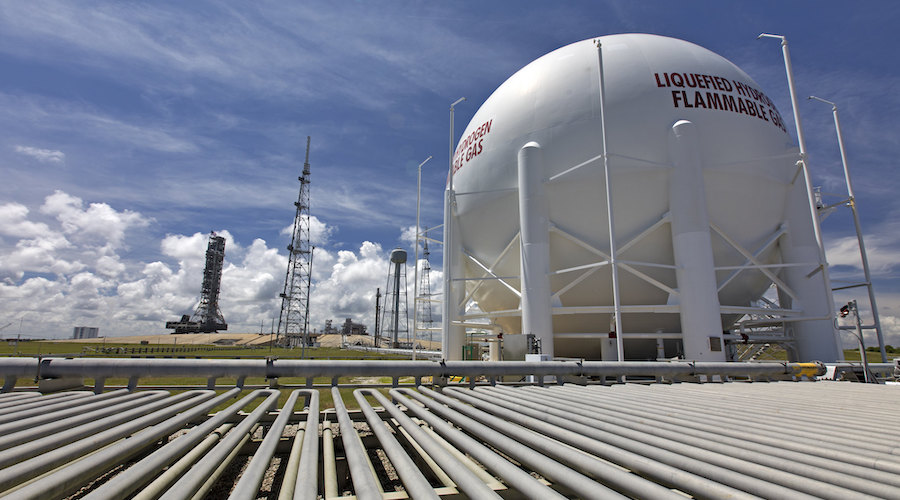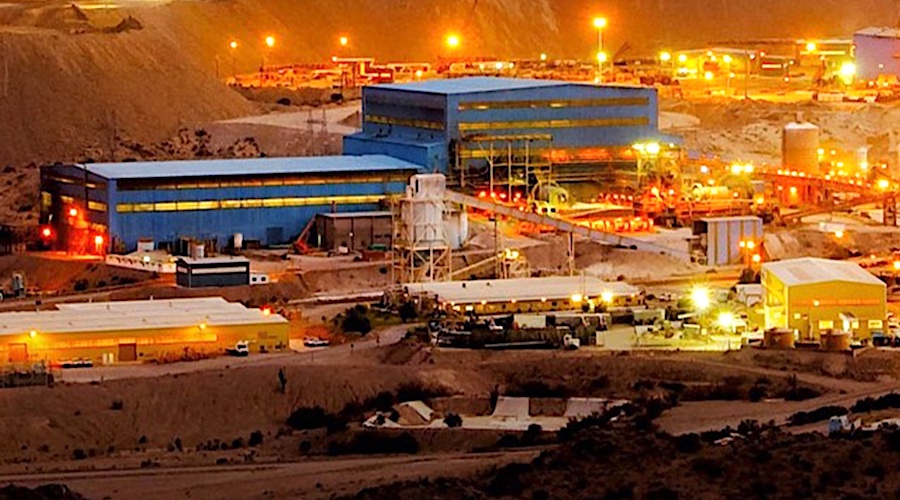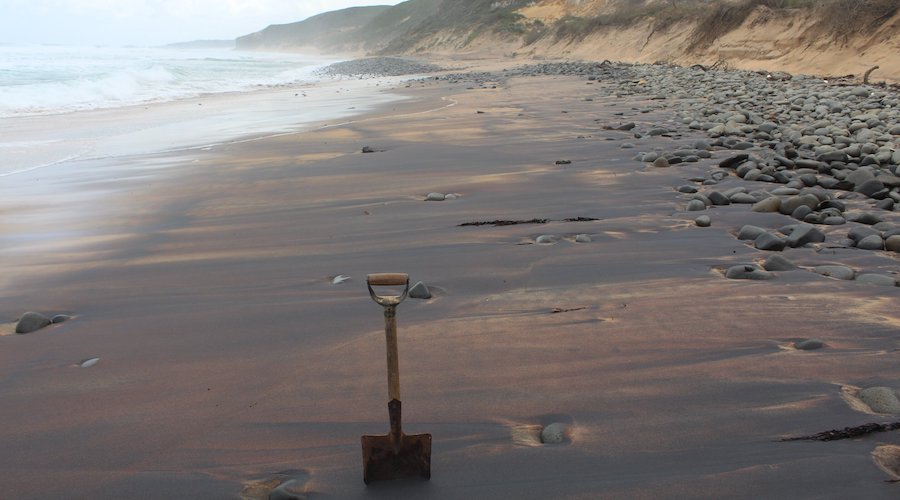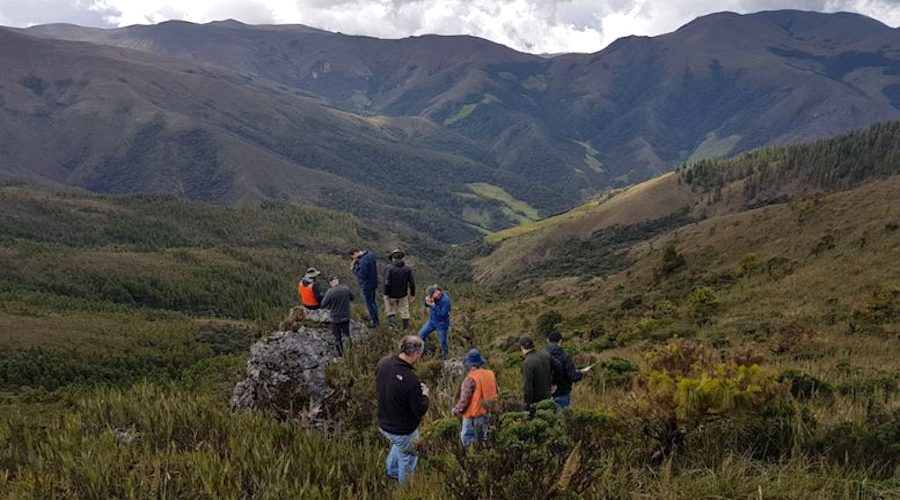Mining
Monday, July 18th, 2022 9:38 am EDT
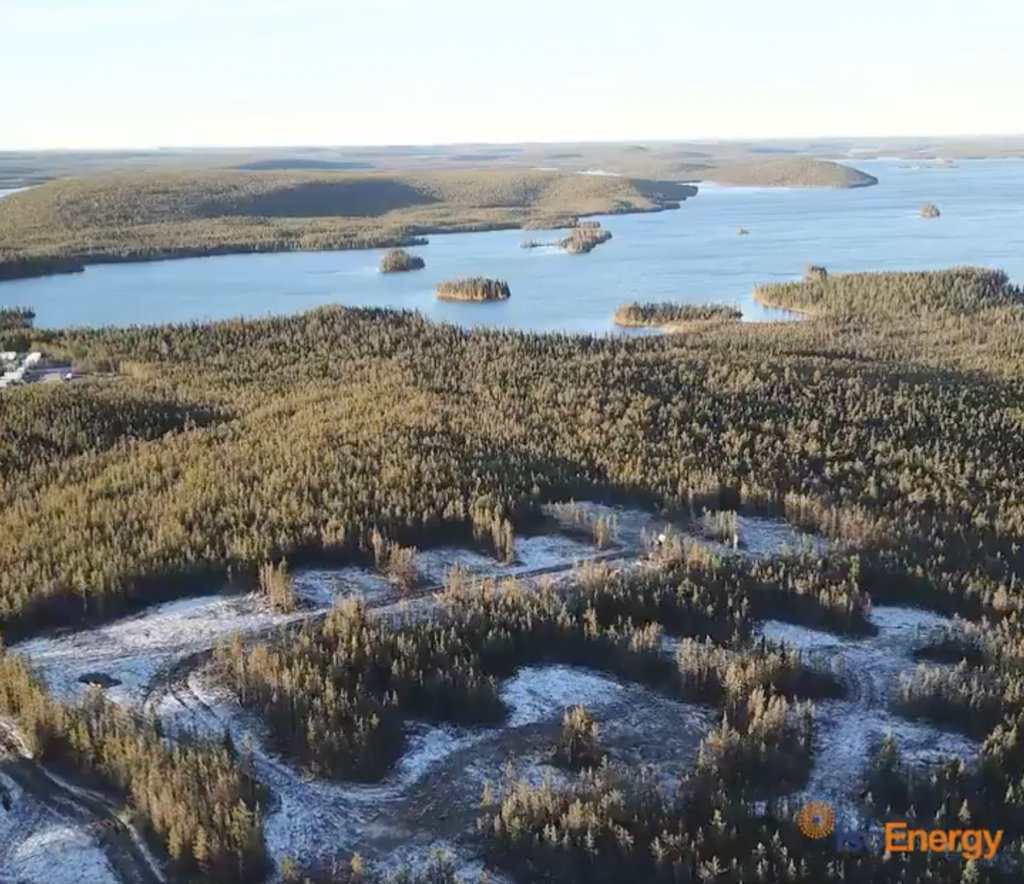
The Hurricane deposit was discovered in 2018 by IsoEnergy’s first ever drill hole at Larocque East, which intersected a broad, 8.5-metre-long interval averaging 1.26% U3O8. Since then, the company has completed six drill programs within the Hurricane zone, which now measures 375 metres along strike, 125 metres across, and up to 12 metres thick. The high-grade domain occupies an area 125 metres long and is up to 63 metres wide and up to 4.5 metres thick.
In February, the company reported the final assay results from its summer 2021 drilling at the Hurricane zone, highlighted by a high-grade intercept of 6.5 metres averaging 20.4% U3O8, including 3.5 metres averaging 34.5% U3O8.
“Hurricane’s exceptionally high uranium grade and relatively shallow depth, together with its proximity to existing eastern Athabasca Basin road, power and milling infrastructure are key attributes,” Tim Gabruch, president and CEO of IsoEnergy, commented.
“This mineral resource estimate establishes Hurricane as the world’s newest, very high-grade uranium deposit. On average, one cubic metre of Hurricane’s high-grade domain weighs over 4.5 tonnes and contains over 5,200 lb. of U3O8,” Andy Carmichael, VP exploration, added.
“Of the past and presently producing uranium mines in the Athabasca Basin, Hurricane is most analogous to the Cigar Lake deposit at the nearby operating mine with respect to the mineralization’s grade, thickness, width, style, and the alteration halo and ground conditions which mantle the deposit.
“Notably, Hurricane’s mineral resource estimate employs a cut-off grade consistent with uranium mineral resource estimates reported from Cigar Lake and other operations in the eastern Athabasca Basin.”
This post has been syndicated from a third-party source. View the original article here.

